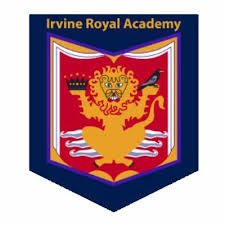Answer in comments below for feedback
Summarise the key points in the writer’s argument against the practice of capturing everything on camera. (4)
New technology has made is simple to record on camera almost any trivial event. And it’s the work of a mouse-click to distribute those images to all and sundry. Yet just because something is technically possible doesn’t automatically make it desirable. I wonder if it is starting to impair the transient joy and spontaneity of daily life. This ubiquitous, almost obligatory obsession with capturing even the most private thing in life for posterity is starting to rob us of our ability to savour the moment. And if we don’t fully savour the moment as it happens, we may miss its significance, pungency and richness. That makes the process of recalling it later much harder. Paradoxically, our click-click obsession with photographing everything may be sapping, rather than enhancing, our brain’s ability to revisit old events with pleasure or nostalgia.
“You had to be there” isn’t just a cliché. It’s also good advice. We should stop trying to freeze-frame treasurable moments for some tomorrow that may never come, or some absentee audience that probably isn’t interested anyway, and just enjoy them as they come and go. God knows, they come and go quickly enough.

